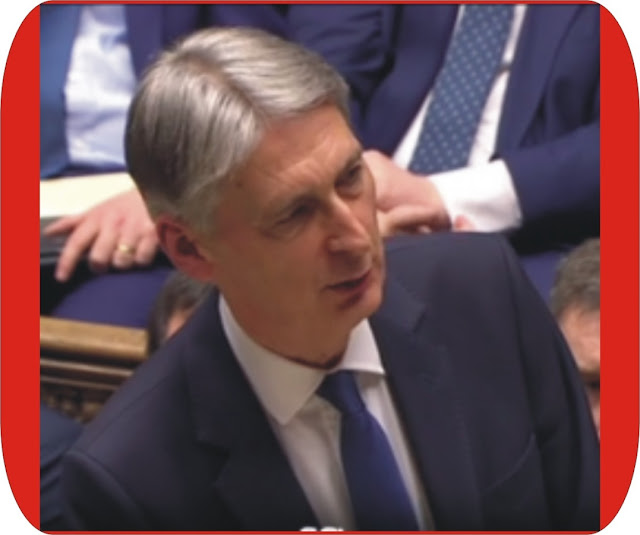British Prime Minister appears to have broken the promises
made by her party to the British people after she gave her support to Philip
Hammond’s divisive National Insurance charges.
However, after some members of her party revolted against
her on the issue, the PM bowed to pressure and retreated on when the
controversial charges will be introduced, saying, rather being part of the
Financial Bill, they will be brought in as part of separate legislation in the
autumn.
Though it has been claimed by Labour that the PM’s move to
put brakes on Hammond’s Budget proposals was a "partial U-turn" and
said she was rowing back on Philip Hammond's plans.
During her speech in Brussels, she said the proposals would
make National Insurance "simpler, fairer and more progressive".
Mrs May also stated that the Chancellor's paper would
contain details about reforms "along with some changes we plan to make on
rights and protections for self-employed workers, including on issues like
pension rights and parental rights and maternity pay".
Furthermore, she said: "The decision on National
Insurance was taken in the context of a rapidly changing labour market in which
the number of people in self-employment - often doing the same work as people
employed more traditionally - is rising rapidly."
The Prime Minister also said the shift towards
self-employment was "eroding the tax base" and making it harder to
pay for public services "on which ordinary working families depend".
She said the National Insurance changes go "some way
towards fixing that".
In a swift response to the PM’s move to pave way for more concessions
to her rebel MPs, shadow chancellor John McDonnell has challenged her to show
leadership and scrap the proposals.
"The fact the Prime Minister won't fully support her
own Chancellor's Budget measure, and has been forced by Labour to row back on
it just 24 hours after he delivered his speech in Parliament, shows the level
of disarray that exists at the top of Government," he said.
"What is even more alarming is that the Government
didn't stop and think before announcing such a tax hike."
Threateningly for the Prime Minister and Chancellor, at
about 20 the scale of the backbench rebellion is now greater than the
Government's majority of 17 in the Commons, which means they could face defeat
in a showdown with the rebels.
One of the latest to join the revolution, Craig Mackinlay,
told Sky News: "This is a move which has understandably generated negative
headlines and I do have concerns about breaking manifesto commitments and the
fairly small amount of revenue this is likely to generate."
On the other hand there was good news for Mr Hammond as his
controversial National Insurance changes won the support of the Institute of
Fiscal Studies in its analysis of his Budget measures.
While granting interview to Sky News, Mr Hammond said the plan
would make the system fairer considering that employees and self-employed
workers have access to similar benefits from the state.
"It's only right and fair we should take a small step
to closing the gap between the treatment of employed and self-employed
people," he said.
Mr Hammond insisted that with Brexit the circumstances had
changed since the 2015 manifesto.
"No Conservative likes to increase taxes, National
Insurance or anything else," he said. "But our job is to do what
needs to be done to get Britain match-fit for its future."
But Conservative MPs and the Government's opponents angrily
pointed to a manifesto pledge on tax and National Insurance given by David
Cameron during the 2015 general election campaign.
As MPs continued debating the Budget in the Commons, shadow
chancellor John McDonnell accused the Chancellor of a "manifesto
betrayal" and accused him of hiking taxes on minicab drivers, low-paid
drivers, self-employed cleaners and plumbers.
And former shadow cabinet member Angela Eagle told MPs:
"No-one will ever believe a Tory election promise ever again."











No comments:
Write comments